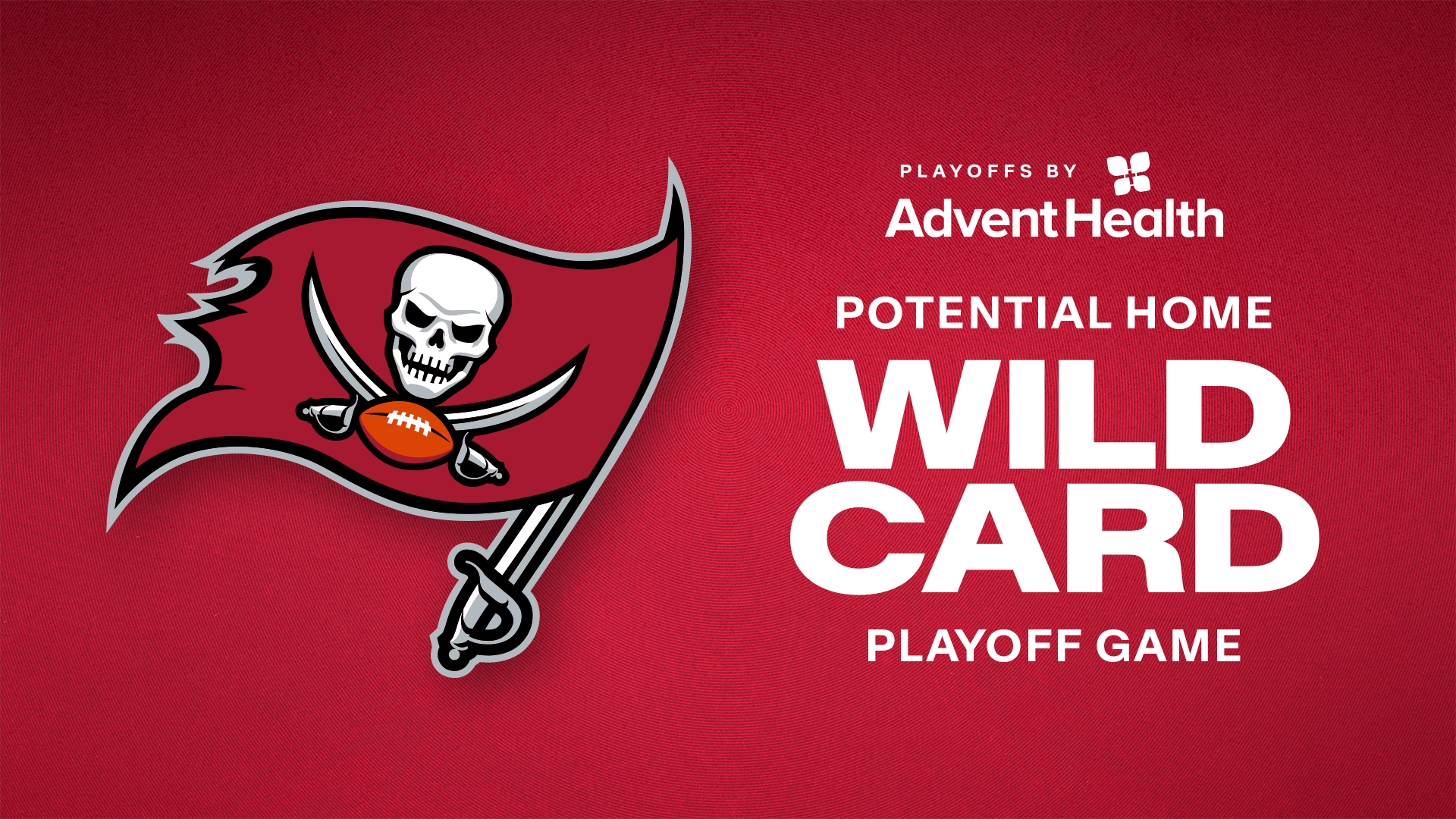During the NFL's 2004 season, six players suffered major injuries as the result of being the victim of what had come to be known as the "horse-collar" tackle, in which a defender grabs a ballcarrier by the shoulderpads or top of the jersey and pulls him down backward. In 2005, NFL owners voted 27-5 to ban the maneuver, making it a foul that carries a 15-yard penalty.
The rule change has not completely eliminated the horse-collar tackle from the game, but it is no longer a widely-used technique. NFL officials only threw two such flags in 2005, but that number had risen to 21 by the 2009 campaign. Over the last 15 seasons there have been an average of about 19 horse-collar flags thrown per campaign. In 2023, there were 15 such infractions called across a total of 272 games.
Nineteen years after legislating the horse-collar maneuver, the NFL is making a similar rule change in 2024, this time banning what is commonly known as the "hip drop tackle," or as the NFL termed in when announcing its change this spring, "the hip drop swivel tackle."
An NFL officiating crew led by referee Tra Blake visited the Tampa Bay Buccaneers' training camp on Thursday to go over a handful of new rules and points of emphasis with the team's players and coaches. Blake also took some time to field questions from local media about nuances of the new rules, which also include a drastically altered kickoff operation and an expansion of the situations in which the replay assistant in the press box can offer help to the officials on the field.
Blake played a video featuring NFL Executive Vice President of Football Operations Troy Vincent to explain the impetus for this year's rule changes, including the new tackle ban.
"The hip drop tackle, the mechanics, looks very similar to the horse-collar tackle," said Vincent. "You look at the injuries, we're talking 25x injury rate. This has to be alarming. So we studied it the last three seasons and then started putting some language together so that all three indicators must be present for their to be a foul. This particular tackle type, with a 20 to 25x injury rate, we want this removed out of the game of football at every level."
There was some vocal opposition from NFL players and coaches to the hip-drop ban while the issue was being discussed before the eventual owners' vote. Some defensive players are concerned that the league continues to take away parts of their tackling techniques. Blake stressed on Thursday that a play would have to very clearly violate the new rule to draw a flag, and that involves seeing three distinct indicators.
"There are three indicators," said Blake. "All three of those indicators have to be there. If one of those indicators is not there, it is not a foul."
Those indicators are the following actions by the defender. To draw the flag, the player must:
- Wrap the runner,
- Swivel his hips to move his body across the back of the runner,
- Unweight his body and drop, contacting and trapping the back of the legs, ankle or foot.
Blake also said that an officiating crew would work together to make sure that all of those indicators were definitely present after a flag is initially thrown.
"We are being trained to make sure it's clear and obvious," he said. "If it's not clear and obvious, we will not make that call. If someone does make that call on the field, the other officials on our crew will get together and confer just to make sure we have all the elements that are necessary for it to be a foul."
The hip-drop ban, like many recent NFL rule changes, was driven by an effort to make the game safer for the players. How quickly NFL defenders can adjust to the new rule, and how accurately it is officiated, remains to be seen.





































